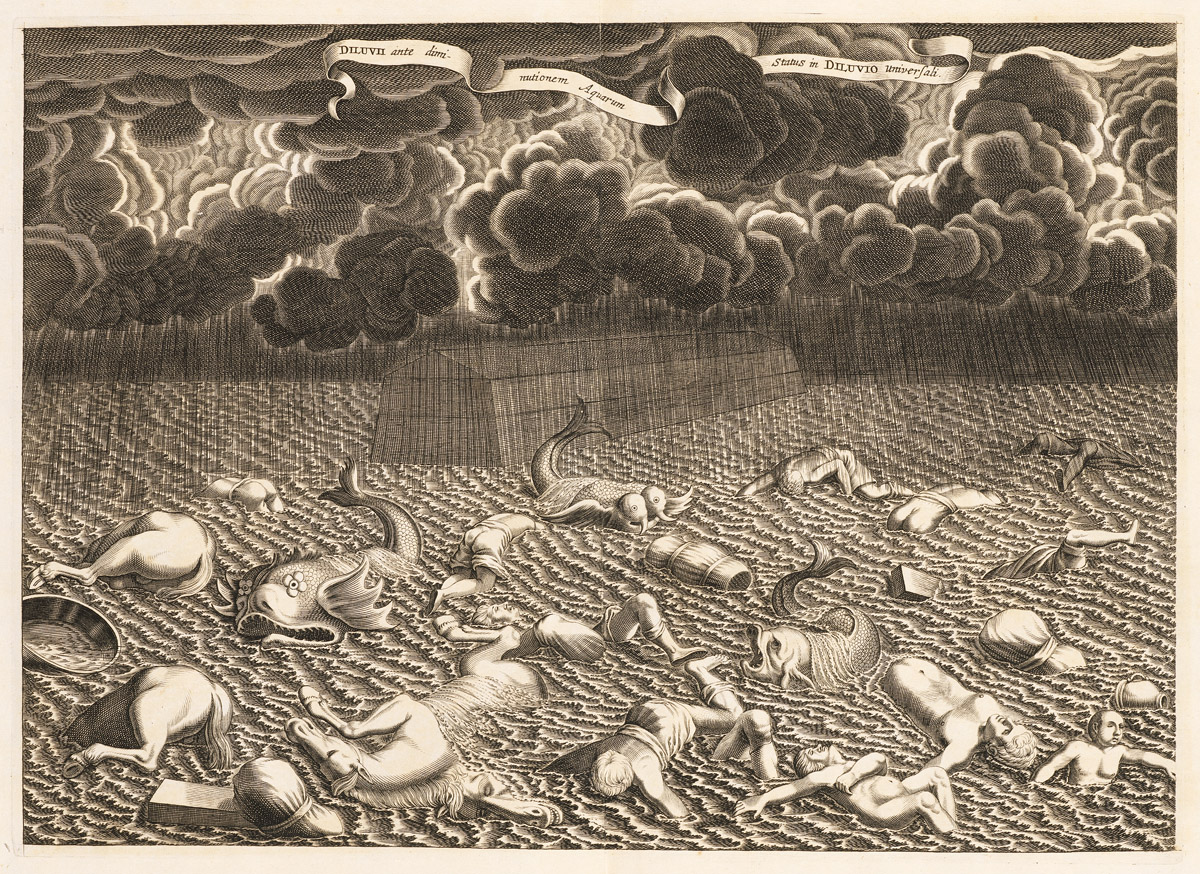Big news in weird decisions by me: I’ve started reading a lengthy novel series by picking up a random installment in the middle. That series is The Vorkosigan Saga, and that installment is Mirror Dance.
Now, in my defense, I didn’t go in entirely unprepared. I had previously read several of the Vorkosigan short stories and skimmed a scan of A Civil Campaign, and most importantly I had received a tremendous blow-by-blow description of every single major event in the series from my sister, Daisy, a certified Vorkosigan maniac. When I happened upon a cache of Vorkosigan novels left out for the taking, I captured them and brought them back home, determined to see what enchanted my sister so.
I started with Mirror Dance because I was going on a train trip and the pile of free Vorkosigans I found included two copies of Mirror Dance, so I didn’t have to fear retribution from Daisy if the book was damaged by Amtrak’s tender mercies. At last, I would immerse myself in Vorkosimania.
The Vorkosigan Saga, written by Lois McMaster Bujold, comprises a number of novels, novellas, and short stories concerning the adventures of one Miles Vorkosigan, the son of space nobility, who is a minor genius and deals with a number of chronic health problems. As he is the son of a major Vor Lord (yeah, really) of the planet Barrayar, he has many terrible responsibilities and constantly confronts the prejudices of a planet set against people with visible disabilities. He also goes through a lot of Drama, on both the interplanetary scale and the interpersonal, as well as sometimes the cringe. The publishing dates on the series extend from the late eighties to the late twenty-tens, so journeying back into the deep archives uncovers its fair share of uncomfortable material. Mirror Dance specifically has some moments of unpleasantness regarding the narration around Miles’ nonbinary coworker, as well as some eye-rolling but comparatively minor moments of orientalism.
On the plus side, Mirror Dance is a truly soap opera or Bollywood-level plot. Miles’ somewhat deranged clone brother, Mark – originally grown by villains to kill Miles and family – comes out of hiding to suborn Miles’ private mercenary group in an ill-fated attempt to rescue other young clones who will soon be harvested for their organs. Miles discovers Mark’s altruistic treachery and rushes off to try and stop him. He catches up to Mark just slightly too late. That’s when it gets complicated.
There’s soooooo many moments of twin hijinks in this. Mark and Miles continually switch identities, including another cover identity of Miles’, Admiral Naismith. One gets abducted and pretends to be the other, then the other gets caught and has to pretend to be the first one. Miles’ friends, romantic interests, and coworkers are tormented by the doubling of their Vorkosigan-related troubles. The Vorkosigans’ enemies are entirely reduced to despair by the end.
Mirror Dance also goes to some very dark places. The tone of the Saga as a whole is interesting. Bujold possesses a solid, straightforward prose style with a wry edge which keeps the reader bumping along comfortably with every plot twist, and she throws in jokes and humorous encounters with near-clockwork regularity. But every so often, she pulls back the curtain to remind us that humans in space are just as capable of depravity as humans here on Earth.
The vessel of much of the darkness in Mirror Dance is Mark. While Miles, despite the challenges of his youth, could count on a loving, powerful, wealthy family to support him through everything, Mark grew up in the hands of violent men with dark intentions and a profound hatred for the people from whose DNA Mark grew. He trained as an assassin, but he was also relentlessly victimized by his creators: bullied, tortured, and eventually sexually assaulted. This damage causes Mark to act in some very unwise and unethical but realistic ways. His trauma around intimacy drives him to nearly reenact his own abuse on someone very vulnerable, which will understandably turn a certain subset of readers against the character and story entirely. But Mark’s journey to redemption gives the story a hard core of genuine feeling which elevates it above a simple space romp, and his tremendous failings make him more poignant and sympathetic in my eyes. As someone who’s made my own mistakes and had my own mental challenges, I felt for Mark, even if some of the mistakes he made were much worse than mine.
I won’t try to claim that Mirror Dance is the best entry point for The Vorkosigan Saga. But it worked for me. More than any of the previous stories I’d read in the series, Mirror Dance captured my interest because of the strong and compelling central relationship between Miles and Mark. This relationship grounded the sillier and soapier moments and leavened the darkest and most serious ones. I would like to read more of Miles’ adventures, if only to make sure Mark is okay.



